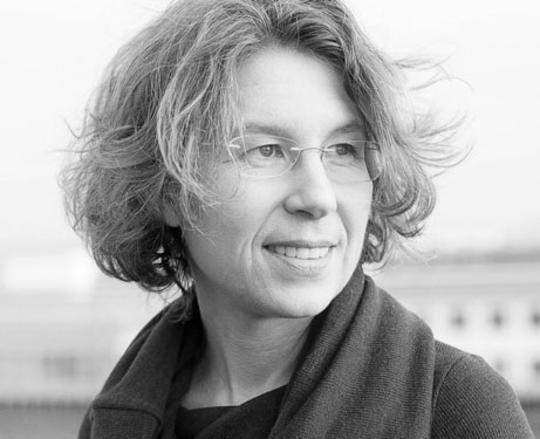

That’s the topic of the third episode of our podcast Great Mysteries of Physics – hosted by me, Miriam Frankel, science editor at The Conversation, and supported by FQxI, the Foundational Questions Institute. But does it have any basis in science? And if so, is it a concept we could ever test experimentally? The multiverse idea has long been an inspiration for science fiction writers. The film follows Evelyn Wang on her journey to connect with versions of herself in parallel universes to ultimately stop the destruction of the multiverse. Interest in the multiverse theory, suggesting that our universe is just one of many, spiked following the release of the movie Everything Everywhere All At Once. Hossenfelder received her doctorate "Black Holes in Large Extra Dimensions" from the same institution in 2003, under the supervision of Horst Stöcker.In The Conversation's Podcast "Great Mysteries of Physics," Professor Andrew Pontzen (UCL Physics & Astronomy) describes the hypothesized concept of the multiverse, a theory that there are infinite possible universes but we only experience a single version of events. She remained there for a Masters degree under the supervision of Walter Greiner, entitled "Particle Production in Time Dependent Gravitational Fields", which she completed in 2000. Hossenfelder completed her undergraduate degree in 1997 at Johann Wolfgang Goethe-Universität in Frankfurt am Main.

She is a Research Fellow at the Frankfurt Institute for Advanced Studies where she leads the Analog Systems for Gravity Duals group. Sabine Hossenfelder is an author and theoretical physicist who researches quantum gravity. Hossenfelder received her doctorate "Black Holes in Large Extra Dimensions" from the same institution in 2003, under the supervision of Horst Stöcker.



 0 kommentar(er)
0 kommentar(er)
